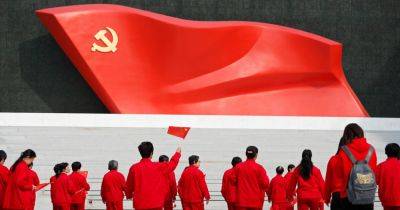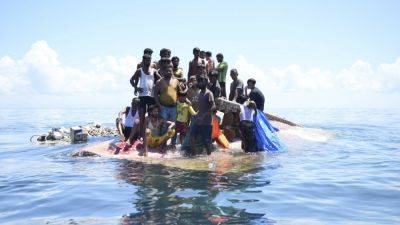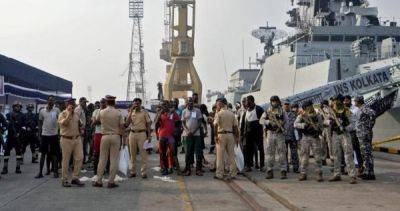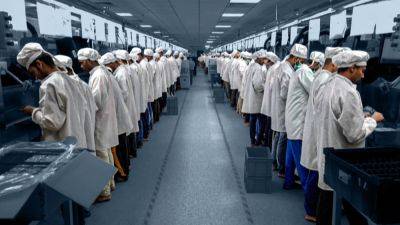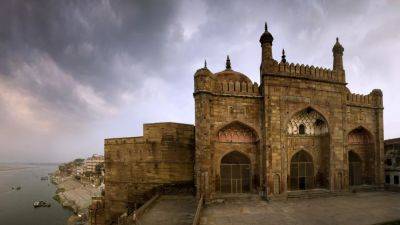Why are people blaming Yemen’s Houthis for cutting the Red Sea cables?
Questions swirled after four cables were cut; some observers say it may be the Houthis, others say it was an accident.
Beirut, Lebanon – Officials in the United States say undersea telecommunications cables in the Red Sea were cut on Tuesday, disrupting 25 percent of data traffic between Asia and Europe.
A US official told the BBC they were attempting to find out if the cables had been sabotaged or if it was the result of an anchor dragging along the seafloor.
But what are these cables? Who put them there? How important are they?
Here’s everything you need to know about the world of undersea cables.
Communication.
Telecommunication signals and messages cross stretches of the ocean through these cables at nearly the speed of light.
Sixteen fibre optic cables, accounting for 17 percent of all international internet data traffic, run along the seabed of the Red Sea.
Nearly all of the world’s undersea cables are owned by private companies – telecom operators or investors.
Only about 1 percent are owned (in part or whole) by a government.
In short, global communication is disrupted.
“Subsea infrastructure is now … such a critical component of the global economy that … it can have a disproportionately high impact,” Nick Loxton, head of intelligence delivery at Geollect, told Al Jazeera.
Remember how the Red Sea has 17 percent of all international internet data traffic? If all the cables there are taken out, it would disrupt Europe’s communication with India and East Asia and hit North and East Africa.
Four out of nearly 20 submarine cables in the Red Sea – Seacom, TGN-Gulf, Asia-Africa-Europe 1 and Europe India Gateway – were cut on Tuesday, according to HGC Global Communications, which operates on the cables.
Officials are


